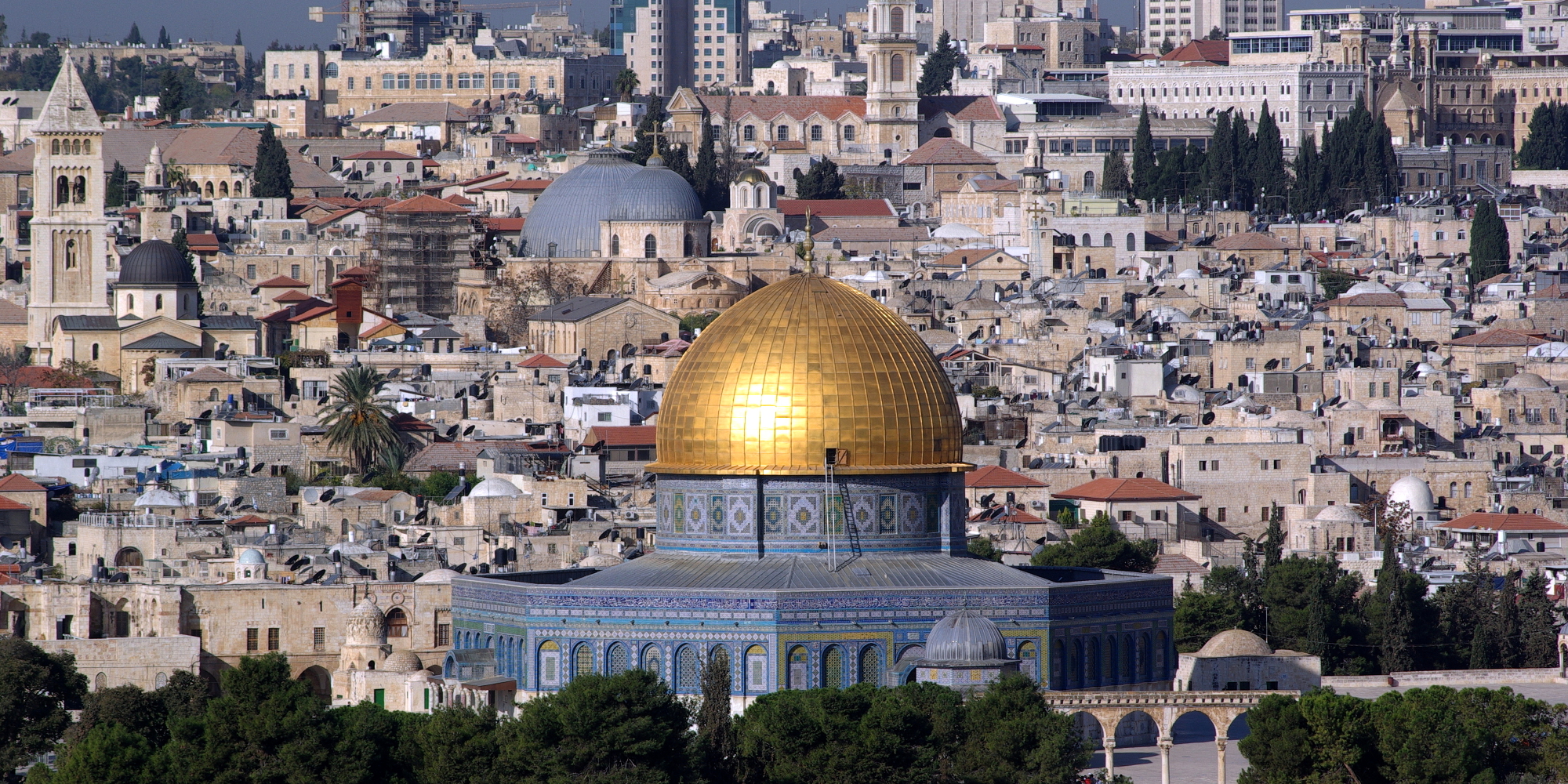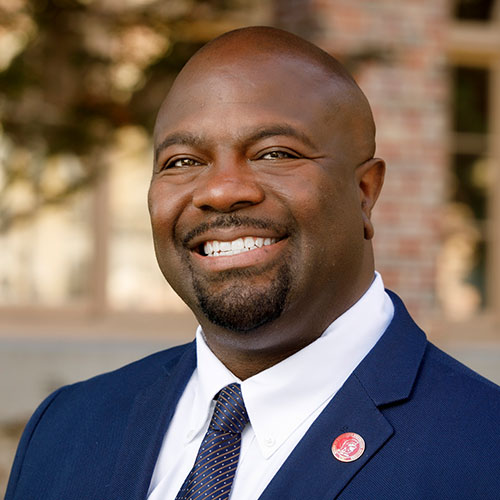President Donald Trump started his presidency with an ambitious agenda, one that included, among other things, bringing about an Israeli-Palestinian peace accord – a goal that has eluded for decades the world’s most dedicated and experienced negotiators.
While the odds for success were not great to start with, it is fair to say that both Israelis and Palestinians (as well as many others in the region and around the world) were hoping that Trump, with his personal and national clout (real and imagined) would be able to inject a new energy into the process, enough to heave the parties over the significant barriers to any progress: borders, security, refugees and, of course, the status of Jerusalem, which has been left unresolved, and hotly contested, since the U.N.’s historic division resolution of 1947, a resolution that brought about the founding of the state of Israel.
But with Trump declaration Wednesday regarding the status of Jerusalem as Israel’s capital, it is reasonable to assume that America’s role as a peace broker in the Israeli-Palestinian conflict has come to an end.
To understand the playing field in this conflict, here are several conditions that must be fulfilled if we want to entertain any hope for progress in conflict resolution efforts involving Arabs/Muslims:
- The third-party intervener must be seen as impartial (so both sides will agree to the process), and powerful (enough to drag the parties across areas of stuckness).
- Even if there is a pretense of direct negotiations between the disputants, in reality, most, if not all meaningful negotiations will actually take place through the auspices of the third-party mediator/arbitrator.
- One side in the conflict must assume the role of the perpetrator, while the other side assumes the role of the victim. There are no “no-fault” reconciliation processes in Muslim/Arab conflict resolution traditions.
If and when these preliminary conditions hold, there is no guarantee for a successful outcome, but absent fulfillment of these conditions, it is virtually certain that negotiations will not progress beyond certain steam-releasing rituals.
Since virtually none of these conditions existed to begin with, and certainly will not exist after Trumps’ Jerusalem declaration, the odds for success, or even for modest progress on the Israeli-Palestinian peace front, under American leadership are virtually nil.
Arguing about history or “historical facts,” in this and many other conflict contexts, is a waste of time; both sides have a rock-solid grasp on what they see as the total truthfulness of their own narrative, and their opinions and perceptions are unlikely to change even slightly during or because of the negotiations process. Indeed, the role of the third-party intervener in such rituals is to create a third narrative (a third “history” if you will) that will allow both sides to feel that their narrative leads the pack, while allowing the other’s narrative to exist in the same atmosphere at somewhat of an eye-level position.
I’m sure that in the process of discussing this new policy twist, someone, somewhere, has mentioned that a possible outcome will be the end of America’s role as a peace broker in this conflict; certainly, there was no shortage of Arab commentators who said as much in the past few days. The end result testifies to the failure of these narratives to make a convincing argument. I seriously question how many policy advisers in the White House know the above facts about Muslim/Arab conflict resolution, although I’m not certain at all that knowing the facts would have caused them to change their minds or actions.
So while we’re in a predictions-making mood, here’s another one: living with a sense of hopeless intractability, the state in which most Palestinians have existed for a long time, is bad enough, for them, for Israelis, and for the world; but it is much less dangerous than the sense of utter disillusionment and abandonment many Palestinians and others in the region will feel following Trump’s declaration. Consequently, it will be realistic to expect some forms of violent reactions, doubtlessly resulting in spilled blood, further fury and nothing remotely resembling progress towards peace.
Now, that’s nothing new in the region, and while it will pain and sadden a lot of people, it will not surprise them – certainly not as much as being able to witness actual progress taking place in Middle East peace efforts.
A great, if unsurprising, pity.
This article was originally published in U.S. News & World Report.


